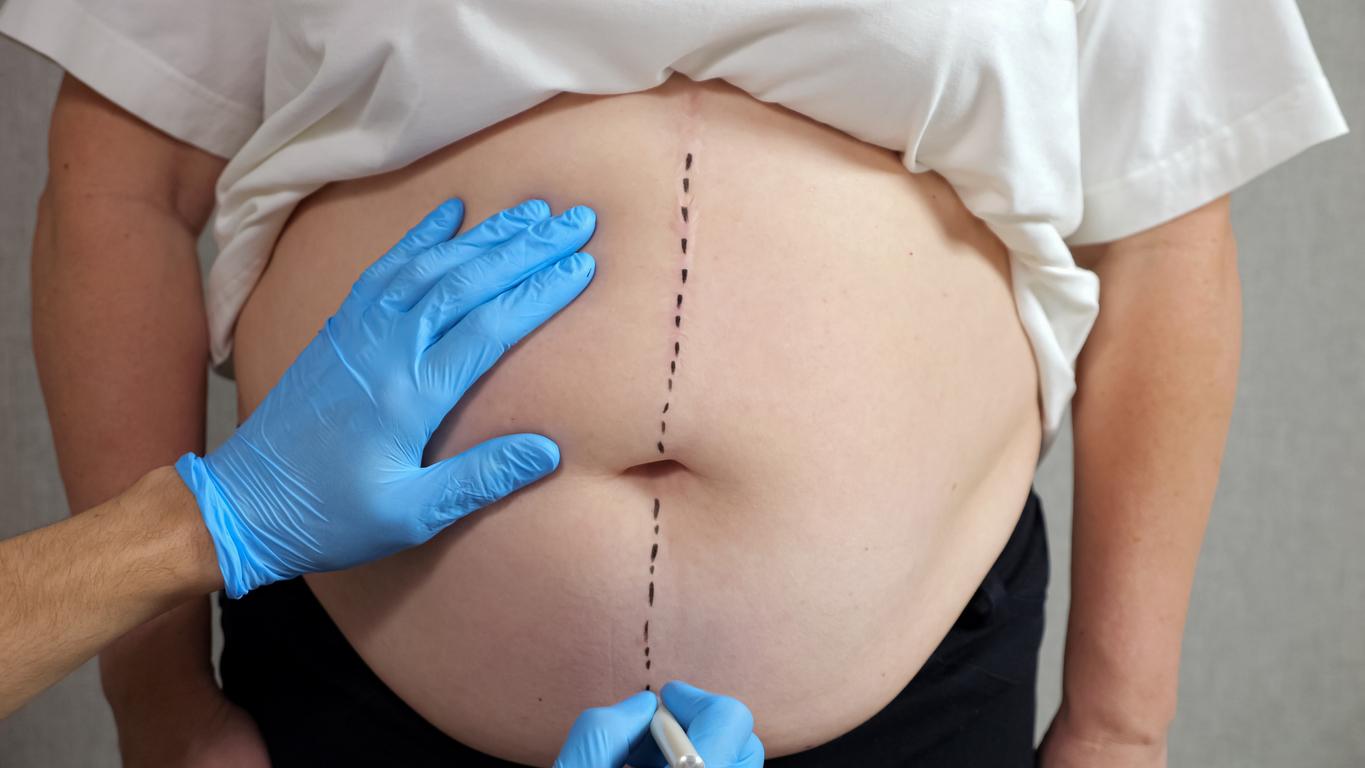French researchers have developed a tool based on artificial intelligence to predict the expected weight loss in a patient after bariatric surgery.

- Weight loss after bariatric surgery varies considerably from one individual to another, and predicting the number of pounds lost even before surgery remains a challenge.
- “Faced with the increasing prevalence of obesity in our societies, bariatric surgery has established itself as an effective treatment for lasting weight loss and an extension of life expectancy in better health.”
- For the tool to be interesting from a clinical point of view, it must be able to predict weight loss over a period of at least five years.
Bariatric surgery, also called obesity surgery, changes the anatomy of the digestive system to aid in weight loss. This leads to a reduction in calorie intake and promotes weight loss. However, French researchers have developed a tool based on artificial intelligence making it possible to provide an individual preoperative prediction of possible weight loss 5 years after surgery.
Predicting the future of bariatric surgery?
Researchers have worked to develop predictive means to estimate weight loss after bariatric surgery. These tools aim to assist surgeons in their clinical decision-making by providing information on the amount of weight patients can reasonably expect to lose postoperatively. To be clinically useful, a model must be able to predict weight loss over a period of at least five years.
Valuable help based on artificial intelligence
French researchers have succeeded in developing algorithms based on artificial intelligence capable of predicting expected weight loss after bariatric surgery based on data collected from more than 10,000 patients followed in France and abroad. This data includes factors such as age, gender, preoperative body mass index, comorbidities associated with obesity, as well as the different types of bariatric surgery performed. Using this tool, doctors will be able to offer personalized care based on the characteristics of each patient, and adjust weight loss expectations based on the model’s predictions.
Obesity: a host of innovative advantages for the patient and the doctor
This innovation has many advantages. First of all, for the patient, who will be able to visualize their future weight loss and set realistic goals. This can be an important source of motivation and promote adherence to postoperative treatment. Then, for the doctor, the tool will help detect possible significant discrepancies between the actual weight loss and the predicted one, which could indicate the need to reassess postoperative treatment or take additional measures to avoid complications. Finally, this tool can also help predict the usefulness of postoperative visits and inform clinical decision-making by providing valuable information on the patient’s weight loss progress.
















